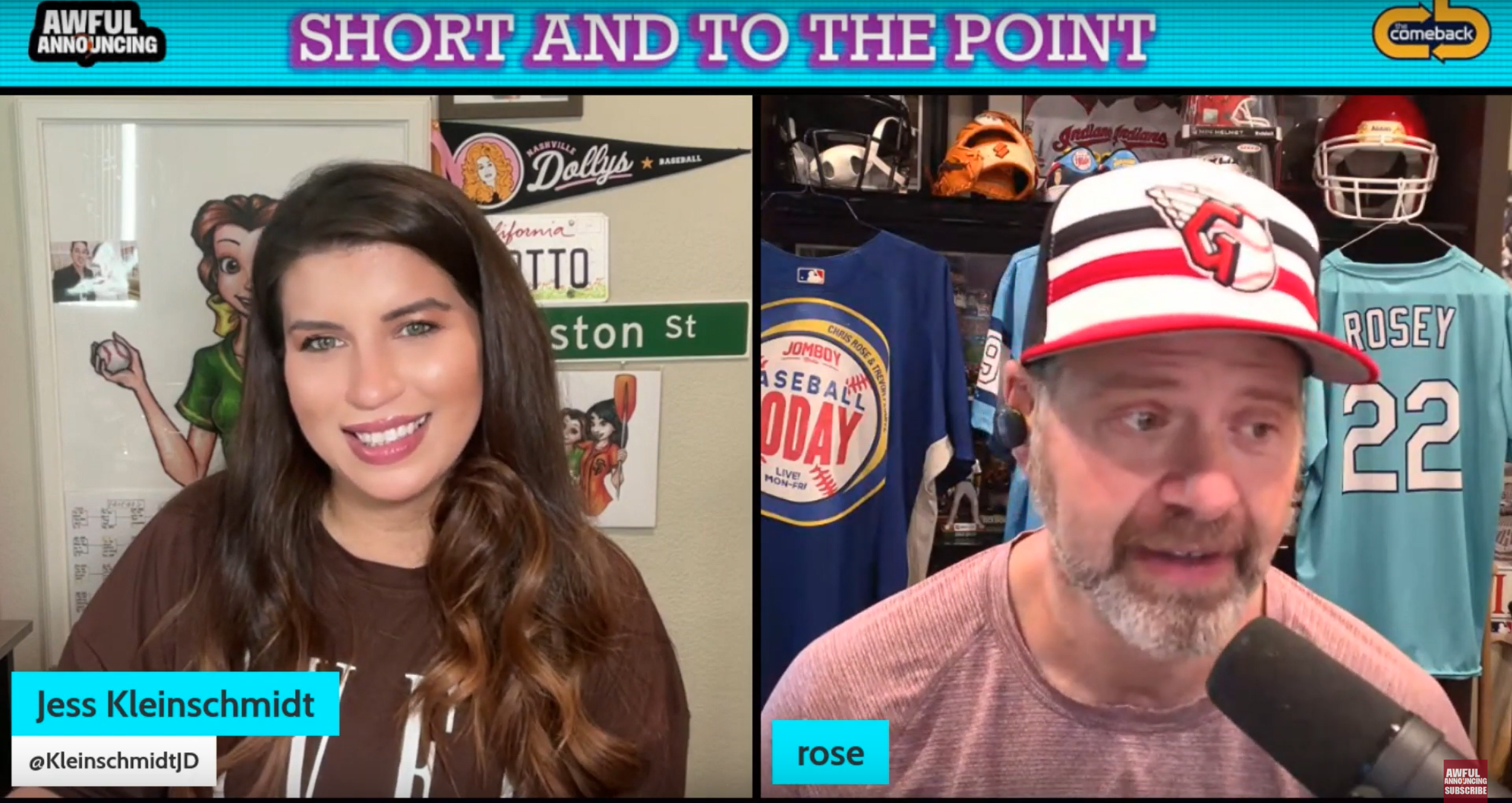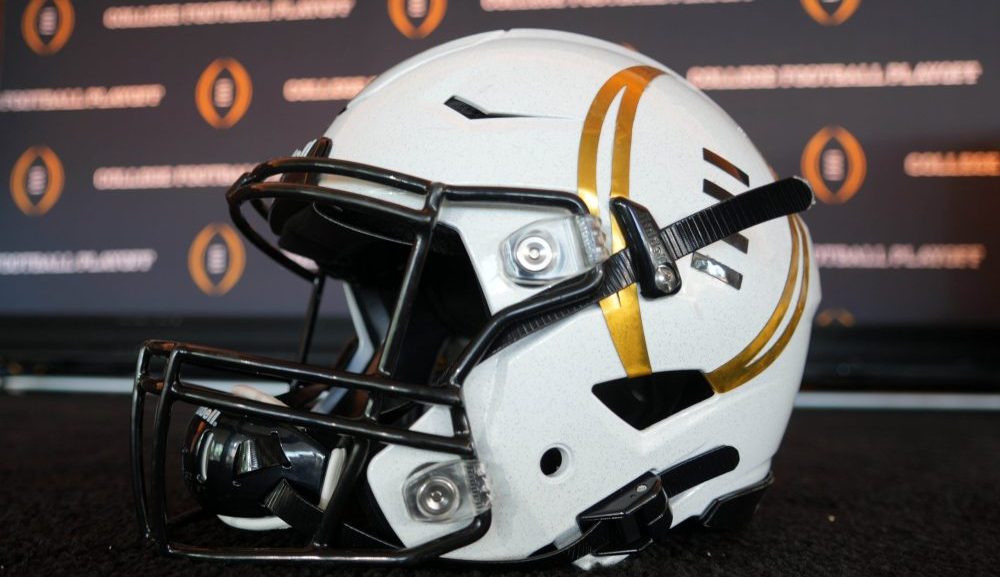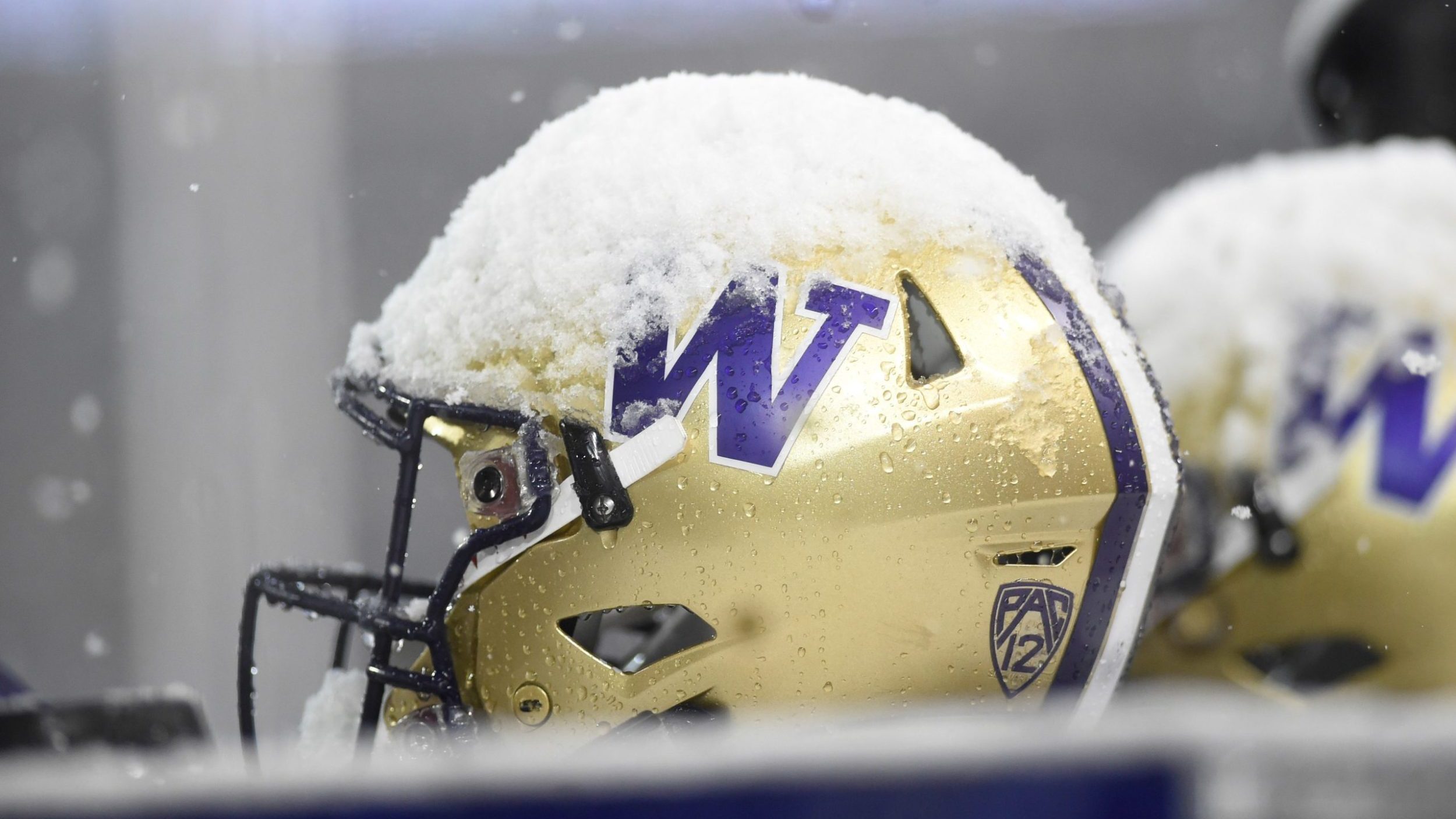There’s been plenty of criticism of Jim Dolan, the executive chairman of the Madison Square Garden Company (owner of the New York Rangers, the Knicks and the Liberty, as well as MSG Networks) over the years, with much of that aimed at different moves those teams have made during his tenure. A long profile of Dolan from ESPN’s Ian O’Connor dives into all of that, plus Dolan’s band (JD and The Straight Shot, seen above performing on The Tonight Show last spring), his family backstory and his history running Cablevision, but maybe its most interesting notes come on another front; the piece particularly illuminates just how concerned Dolan still is with what people say and write about his teams.
And while many of the details in here have been mentioned before (2007 pieces on Dolan and the Knicks from S.L. Price at Sports Illustrated and John Koblin at The New York Observer have plenty to say about Dolan’s media policies), it’s notable that he’s still sticking with a lot of the restrictive approaches that have brought him criticism over the years:
On the topic of Garden culture, this much is clear: Media paranoia is an indisputable part of the building’s playbook. Years ago, Dolan considered trying to ban reporters he felt had been unfair in their coverage, and Garden officials advised team personnel against speaking to credentialed writers deemed too critical. Dolan put in place media-training sessions for employees (Latrell Sprewell and Marcus Camby fell into disfavor after walking out on one), an expectation that MSG Network announcers wouldn’t harshly criticize the home teams — which led to the dumping of broadcasting legend Marv Albert — and a policy that prohibited personnel from conducting interviews without a media relations official present. (Dolan once broke up a casual conversation former GM Glen Grunwald was having with a columnist outside the Knicks’ locker room because the conversation, in his words that night, “hasn’t been approved.”)
Today, Dolan confirms that his PR department does keep clip-file dossiers on those who cover the Garden and its teams. He says he’d recommend the same to all CEOs, so that they don’t unwittingly invite any foxes into their billion-dollar henhouses. For this story, a Garden official listened in on all interviews conducted with the Dolan executives and associates who were made available to comment on the record.
“Media paranoia is an indisputable part of the building’s playbook” is a sentence that might be more expected in a story about say, the Pentagon, than in one about the Knicks, but it’s fitting here. And it’s interesting that Dolan is still so concerned with media coverage, but that fits into a larger theme of O’Connor’s piece; he really cares what people say about him, from fan hecklers to angry e-mailers to media members.
That definitely helps explain the seemingly-rather-disproportionate response Dolan took to FS1 subway ads criticizing him and the Knicks last year, calling 21st Century Fox executive chairman Rupert Murdoch directly to kill those ads. It also helps to explain his war with all of WFAN and Entercom this October after critical on-air comments from Maggie Gray. Dolan discusses that as well in O’Connor’s piece, and sees his actions there as justified, comparing it to a neighbor who trashes you in public and then asks to borrow a socket wrench.
But it’s fascinating that in both the FS1 and Gray cases, Dolan has taken criticism from one small part of a company and viewed it as a problem with the whole company, as he’s spent a lot of time (including in the O’Connor piece) saying that doesn’t apply when it comes to the 2007 court case where a jury awarded former Knicks’ executive Anucha Browne Sanders $11.6 million in a sexual harassment and workplace discrimination case. Dolan’s still defensive about that case, telling O’Connor “We didn’t defend ourselves well” and “The truth didn’t come out,” and he insists that his companies treat female executives well.
It should be noted that Isiah Thomas, who was the key Knicks’ executive accused of sexual harassment against Sanders, has been the Liberty’s team president since 2015. That was a key element of Gray’s “hypocrite” and “vile piece of trash” criticisms of Dolan this summer, which were sparked by his decision to release a “I Should’ve Known” song with his band in response to sexual assault allegations against Harvey Weinstein. (Dolan was a long-time friend of Weinstein and a Weinstein Company board member, and he’s been named as a defendant in an a lawsuit claiming that he actually did know.) And with Dolan’s renewed employment of Thomas and his comments about the Sanders case, the standard he seems to apply elsewhere of blasting or boycotting a whole company over actions of a small part of that company could lead to quite the backlash against his teams if others adopted it.
There’s another notable element to O’Connor’s piece, though, and it comes shortly after the above quote about Dolan’s media policies. It involves Dolan’s brother Patrick citing him as “a major defender of the First Amendment“:
“But what people don’t realize about Jim is that he’s actually a major defender of the First Amendment,” maintains his brother Patrick, owner of the Long Island newspaper Newsday and former president of the TV station News 12. “And I can tell you that because I ran News 12 for 27 years, and during that time we ticked off a lot of very powerful people, all the way to the governor’s office. Some of those people were very important to the company, and not once did I ever feel the slightest pressure from Jim to alter or delete or slant our coverage, although he was in a position to do that. … He always, always had News 12’s back.”
O’Connor cites that as the “Bad Jim”/”Good Jim” dichotomy, but it’s maybe even more indicative of Dolan’s double standard when it comes to the media. He’s fine with his company’s media coverage ticking off “very powerful people,” as long as it isn’t him. And he’s fine providing the media members his companies employ the backing they need to report on others, but then tries to impose heavy restrictions on the media covering his companies. There’s nothing necessarily wrong with having files of what certain reporters write or having PR officials listen in on conversations (both practices that are far from unique to Dolan), but it does show a significant level of worry about what the media will say, and the other policies past and present (restricting on-air criticism, telling players and officials not to talk to certain reporters, keeping all company personnel off WFAN, etc) mentioned above are even more unnecessarily heavy-handed.
The latest
But what Dolan perhaps doesn’t realize is that his responses to criticism are not only begetting more criticism, they’re drawing more attention to that criticism in the first place. It’s a textbook case of the Streisand Effect. And what’s particularly interesting with Dolan’s responses is that they often elevate that criticism from a New York story into a national story, or a small national story into a bigger national story.
The FS1 subway ads got a bit of play initially, but the story went through the roof once Dolan called Murdoch to shut those down (a move so disproportionate that if the roles were reversed, it would be the equivalent of Murdoch complaining to Dolan about paying too much for a hot dog at a Knicks’ game; this is probably some of the most involvement Murdoch has ever had with FS1). Gray’s criticisms got mostly local attention in the summer, and they weren’t really anything that others hadn’t said before, but Dolan going to war with WFAN and Entercom over that became a national story. (Oh, and it’s notable that that all snowballed out of Dolan responding to criticisms of his role on Weinstein’s board with a defensive song from his band, which isn’t exactly the best PR move in the world.) If Dolan really wants people to stop criticizing him, maybe he shouldn’t try to hard to stifle those criticisms.
[ESPN; photo by Andrew Lipovsky/NBC]







